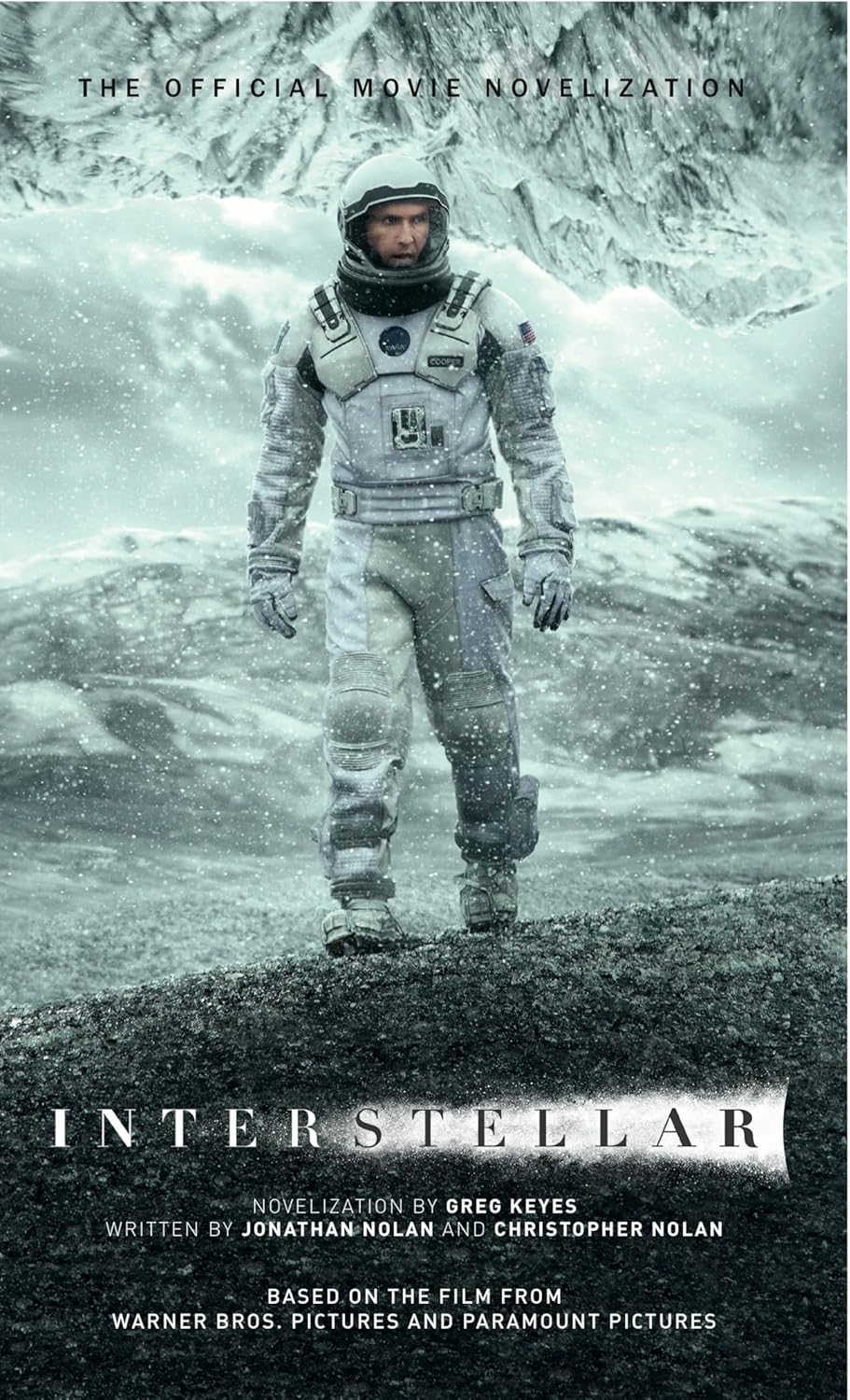When I was a kid, I dreamed of becoming an astronaut. The vastness of space, the thrill of exploration, and the idea of venturing into the unknown captivated me. While my career trajectory didn’t quite lead me to the stars, it did land me in the role of CIO—a title that, like an astronaut, involves navigating uncharted territories, albeit in the digital universe.
One movie that rekindled my childhood love for space and delivered profound lessons on leadership, innovation, and resilience was Interstellar. Beyond its stunning visuals and mind-bending science, Interstellar offers a masterclass in leadership that every tech leader can learn from, and… it reminds me of that little stargazing boy.

“We’re explorers, not caretakers.”
This line struck a chord with me. In tech leadership, the temptation to stick with the status quo is ever-present. We often find ourselves maintaining systems rather than pushing the boundaries of what’s possible. But Interstellar reminds us that true progress comes from exploration—venturing into the unknown, even when it’s risky. Try, fail, learn, adapt, progress.
As a CIO, I’ve learned that fostering a culture of innovation and curiosity is essential. Whether it’s embracing emerging technologies like Gen AI or rethinking traditional workflows, leaders must encourage their teams to explore boldly. After all, caretaking might keep the lights on, but exploration builds the future.
Adaptability Is Key: Surviving Gargantua
The crew of the Endurance faced challenge after challenge—relentless waves, shifting time dimensions, and the looming presence of a black hole. Sounds a bit like tech leadership, doesn’t it? Systems fail, timelines compress, and unforeseen crises arise. What stood out to me in Interstellar was the crew’s adaptability. They didn’t waste time lamenting obstacles; they recalibrated and forged ahead. For leaders, the ability to pivot quickly in the face of adversity is crucial. When a major system outage or a sudden market shift occurs, staying calm, assessing the situation, and finding a path forward are the marks of a great leader.
It Takes a Crew to Reach the Stars
Cooper, Brand, Romilly, TARS, and CASE—each member of the team brought unique strengths to the mission. From the analytical brilliance of Brand to the humor (and loyalty) of TARS, their success hinged on collaboration. As a CIO, I’ve seen firsthand that no project—no matter how innovative—succeeds without a team that works together. Diverse perspectives fuel creativity and problem-solving, and strong relationships build trust. Whether it’s navigating interstellar space or rolling out a new digital transformation, it’s the team that makes the journey possible.
“Love is the one thing we’re capable of perceiving that transcends dimensions of time and space.”
This might sound like an unusual leadership lesson, but hear me out. Interstellar emphasizes the human connection at the core of every mission. Cooper’s love for his daughter drove him to the ends of the universe. That emotional anchor is a reminder for leaders that success isn’t just about hitting KPIs; it’s about the people we impact along the way. As leaders, showing empathy and creating meaningful connections with our teams and stakeholders is vital. It’s not just about achieving results but inspiring loyalty, trust, and a shared sense of purpose.
Think Beyond the Immediate Horizon
The movie’s plot revolves around saving humanity—a mission that requires thinking not just about today but decades, even centuries, into the future. This long-term vision resonates deeply with me.
In an industry where the landscape shifts overnight, maintaining a forward-thinking mindset is critical. It’s not just about implementing the latest tools but understanding how they shape the future of work, society, and the planet. Steering through the complexities of cloud transformation or embracing green IT practices, we must think beyond the immediate horizon to make an enduring impact.
“Time is relative.”
This concept takes on a whole new meaning in tech leadership. Deadlines are constant, demands pile up, and multitasking becomes the norm. But Interstellar reminds us of the importance of prioritization. Time isn’t just about hours and minutes; it’s about where we focus our energy. Great leaders know that investing time in the right people, projects, and innovations yields exponential returns. Learning to manage time effectively—both yours and your team’s—can mean the difference between success and failure in any mission.
Interstellar is more than a cinematic masterpiece; it’s a mirror reflecting the challenges, hopes, and responsibilities of leadership. From embracing the unknown to fostering collaboration, its lessons resonate deeply with anyone guiding a team through uncharted territories—whether they’re traveling across galaxies or navigating the complexities of the digital age.
So while I may never step onto a spaceship, Interstellar reminds me that the spirit of exploration lives on in every decision I make as a CIO. To lead is to dream, to adapt, and to inspire those around us to reach for the stars—whatever those stars may be.
And hey, if you haven’t seen Interstellar yet, I highly recommend it. Every step forward is an adventure 😊.



